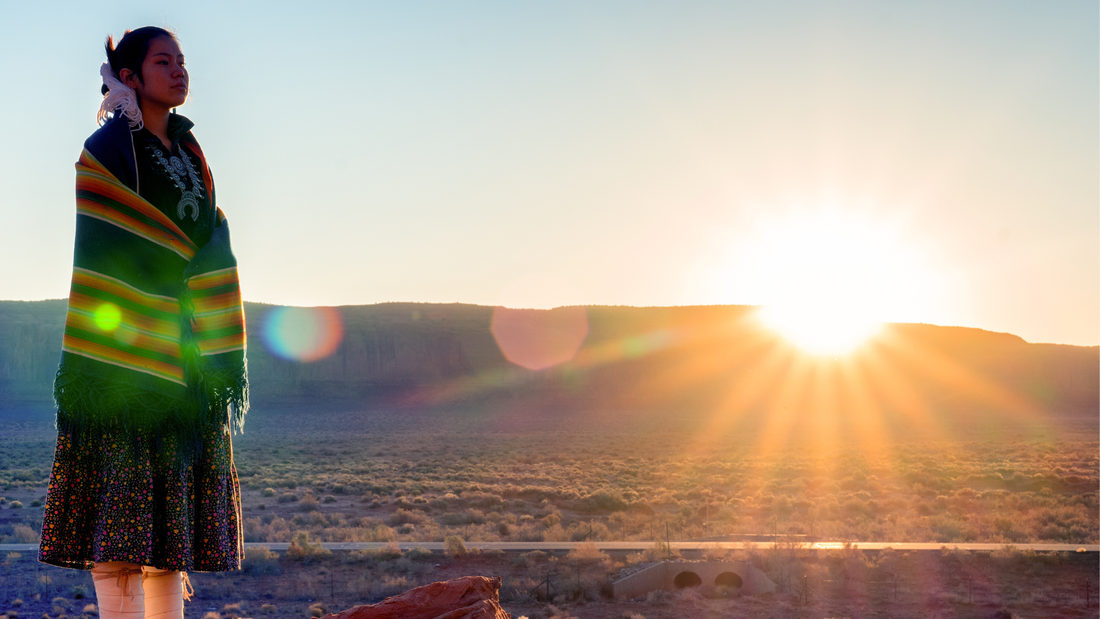|
Luke Goodrich of the Becket Law Firm held his ground in the face of skeptical questioning from several judges on the Ninth Circuit Court of Appeals in the Oak Flat case.
“What is a substantial burden?” one judge asked. He wanted to know if the congressional deal that would allow a foreign mining company to dig up the sacred land of the Apache in the Tonto National Forest in Arizona – known as Oak Flat – and transforming it into a giant crater would quality as a substantial burden violation under the Religious Freedom Reformation Act (RFRA). “Completely barring access or denying access is a substantial burden,” Goodrich replied, citing precedent in Supreme Court decisions, Little Sisters of the Poor, and Hobby Lobby. “What is an unsubstantial burden?” asked one judge. He returned to this question again and again, asking how trivial does a violation of someone’s religion have to be before it can be discounted? In response, Goodrich kept returning to idea of a “baseline” from which to evaluate the impact of an action on a religious practice. He implied that the destruction of a people’s religious site would certainly qualify as a substantial burden under any meaning of the law. One such baseline that was brought up repeatedly by Judge Ronald M. Gould is the 1852 treaty between the Apache and the federal government. That treaty, Judge Gould noted, promised that the government would respect the “prosperity and happiness” of the Apache. Can the Apache be happy if the government allows the destruction of their sacred religious site? Goodrich replied that the Apache indisputably have property rights that the land swap and mine would abrogate, creating a substantial burden. A government lawyer dismissed that assertion, calling the 1852 document “just a peace treaty” that cannot convey enforceable property rights – an answer that seemed to have left Judge Gould nonplussed. The Apache and their defenders, including the Protect The 1st Foundation (whose amicus brief was cited by one judge in his questioning), were elated when the Ninth Circuit agreed to rehear this case after finding for the government with a three-judge panel. In a dissent, Judge Marsha Berzon had called her peers’ ruling “absurd,” “illogical,” “disingenuous,” and “incoherent,” seeming to set up a reversal. The tone of today’s questioning should leave both sides uncertain. While several judges seemed skeptical of the Apache’s case, many of the 11 judges of the Ninth’s en banc panel did not ask questions. How the majority will vote is unpredictable. In the meantime, the Apache are holding prayer vigils asking the Creator to guard the centerpiece of their heritage and religion from destruction. Comments are closed.
|
Archives
June 2024
Categories
All
|
ABOUT |
ISSUES |
TAKE ACTION |



 RSS Feed
RSS Feed